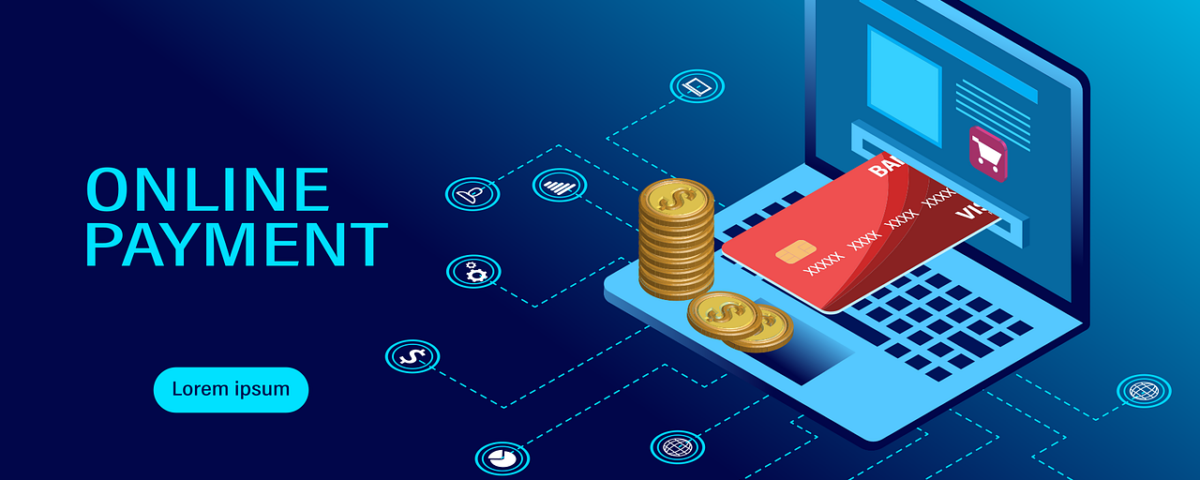Securing Transactions: Best Practices for Implementing Payment Solutions on Your E-Commerce Site

Must-See Karaoke Festivals and Events in Busan
June 17, 2024
How to Choose the Right IPTV Provider for Your Needs in the UK
June 24, 2024Running a successful e-commerce site involves more than just selling great products; it also requires providing a secure and seamless payment experience for your customers. Ensuring the safety of online transactions is crucial to maintaining customer trust and protecting your business from fraud. Here are some best practices for implementing payment solutions on your e-commerce site, with a mention of RexPayments as a reliable payment processor aggregator.
Choose a Reputable Payment Processor
Selecting a trustworthy payment processor is the first step in securing transactions on your e-commerce site. A reputable processor like RexPayments can provide robust security features and reliable service. RexPayments aggregates various payment processors, giving you access to a wide range of secure and efficient payment options, ensuring that your customers have a smooth and safe checkout experience.
Implement SSL Certificates
An SSL (Secure Sockets Layer) certificate is essential for any e-commerce site. It encrypts the data transferred between your customers’ browsers and your server, ensuring that sensitive information such as credit card numbers and personal details remain confidential. Displaying an SSL certificate on your site also boosts customer confidence, as it shows that you are committed to securing their information.
Use Strong Encryption Methods
Ensure that all payment data is encrypted using strong encryption methods. This involves encrypting stored data and data in transit. Modern encryption standards like AES (Advanced Encryption Standard) with a 256-bit key are highly recommended for securing sensitive information. Strong encryption protects data from being intercepted and misused by malicious actors.
Comply with PCI DSS Standards
Compliance with the Payment Card Industry Data Security Standard (PCI DSS) is crucial for any business handling credit card transactions. These standards provide a framework for securing payment card data and include requirements for encryption, access control, and regular security testing. Adhering to PCI DSS standards helps protect your business from data breaches and ensures that you are handling customer information responsibly.
Enable Two-Factor Authentication (2FA)
Two-factor authentication (2FA) adds an extra layer of security to your payment process. By requiring customers to verify their identity through a second factor, such as a code sent to their mobile device, you can significantly reduce the risk of fraudulent transactions. Implementing 2FA for both your customers and your administrative staff can further protect your site from unauthorized access.
Regularly Update and Patch Software
Keeping your software up to date is essential for maintaining security. Regularly update your e-commerce platform, plugins, and any other software you use to ensure that you are protected against the latest security vulnerabilities. Many software updates include patches for security flaws that could otherwise be exploited by hackers.
Monitor Transactions for Fraud
Implementing fraud detection and monitoring tools can help you identify suspicious activity early and take action to prevent it. Look for payment processors that offer built-in fraud detection features, such as analyzing transaction patterns and flagging unusual behavior. Regularly review transaction reports and set up alerts for any transactions that appear out of the ordinary.
Educate Your Customers
Educating your customers about security best practices can help protect them and your business. Provide information on creating strong passwords, recognizing phishing attempts, and safely entering payment information. By raising awareness, you can help your customers take proactive steps to protect their personal information.
Offer Multiple Payment Options
Providing a variety of payment options not only enhances customer convenience but also adds a layer of security. Different customers have different preferences for making payments, and offering multiple options such as credit cards, digital wallets, and bank transfers can accommodate their needs. RexPayments can help you integrate multiple payment methods efficiently, ensuring a smooth and secure checkout process for your customers.
Backup Data Regularly
Regular data backups are essential for recovering from any potential security breaches or data loss incidents. Ensure that your payment data and other critical information are backed up regularly and stored securely. Having reliable backups can help you quickly restore your system and minimize downtime in the event of an attack or technical failure.
Conclusion
Securing transactions on your e-commerce site is vital for building customer trust and protecting your business. By choosing a reputable payment processor like RexPayments, implementing SSL certificates, using strong encryption, complying with PCI DSS standards, enabling two-factor authentication, and following other best practices, you can provide a safe and seamless payment experience for your customers. Start implementing these strategies today to enhance the security of your e-commerce site and foster a trustworthy shopping environment.

